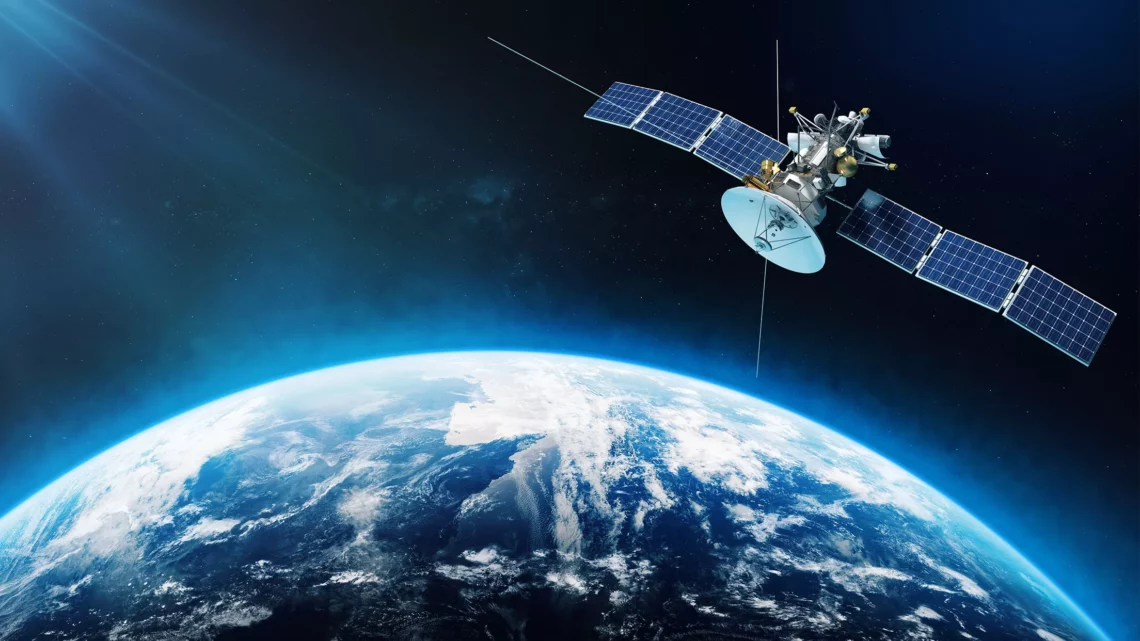Every October, the world comes together to mark World Space Week, a celebration of the role space science and technology play in shaping human progress. For Nigeria, this year’s observance should serve as a reminder that the conversation about space is not about distant galaxies or science fiction; it is about how satellites, data, and innovation can drive economic growth in a country that urgently needs new engines of development.
Nigeria’s economy has long been defined by oil revenues, with agriculture and services contributing significantly but struggling to meet the demands of a fast-growing population. Yet space technology offers an overlooked opportunity to strengthen these very sectors. Satellites can provide data to help farmers predict rainfall, monitor soil fertility, and plan planting cycles. In a nation where food insecurity remains a pressing challenge, the economic gains from more efficient farming practices could be transformative. Space technology can also reduce post-harvest losses, which cost Nigeria billions annually, by improving storage planning and transportation logistics through real-time monitoring.
The country is not a novice in this field. NigeriaSat-1, launched in 2003, and subsequent satellites such as NigeriaSat-2, NigeriaSat-X, and NigComSat-1R were intended to bolster disaster management, communications, and urban planning. These investments showed foresight, but their potential has been undermined by inconsistent policy, funding gaps, and a lack of integration into broader economic planning. Meanwhile, South Africa and Egypt have deepened their footprints in the global space economy, leaving Nigeria at risk of lagging behind despite its early start.
Space technology is not a luxury. Around the world, the space economy is projected to surpass $1 trillion in value by 2040, and developing nations are increasingly finding ways to claim their share. For Nigeria, expanding satellite-based broadband access could connect rural schools, health centers, and small businesses, unlocking productivity in places long excluded from the digital economy. Enhanced satellite imaging could also help track oil theft, monitor illegal mining, and secure borders, curbing revenue leakages that weaken the national budget.
The potential is vast, but realising it requires more than government enthusiasm. A strategy that fosters collaboration between the public sector, local start-ups, universities, and international partners is vital. Nigerian engineers and scientists have already demonstrated competence in satellite development and application; what is missing is sustained investment, predictable policy frameworks, and recognition that space must be tied directly to economic transformation.
As World Space Week is celebrated, Nigeria faces a choice: continue to treat space as a distant ambition, or embrace it as a practical tool for solving its most urgent economic challenges. Space science will not replace oil or agriculture, but it can amplify their value, create new industries, and equip young Nigerians with the skills to thrive in a global economy increasingly powered by technology. The stars may be far away, but the benefits of space are close at hand. For Nigeria’s economy, looking up may very well be the way forward.





